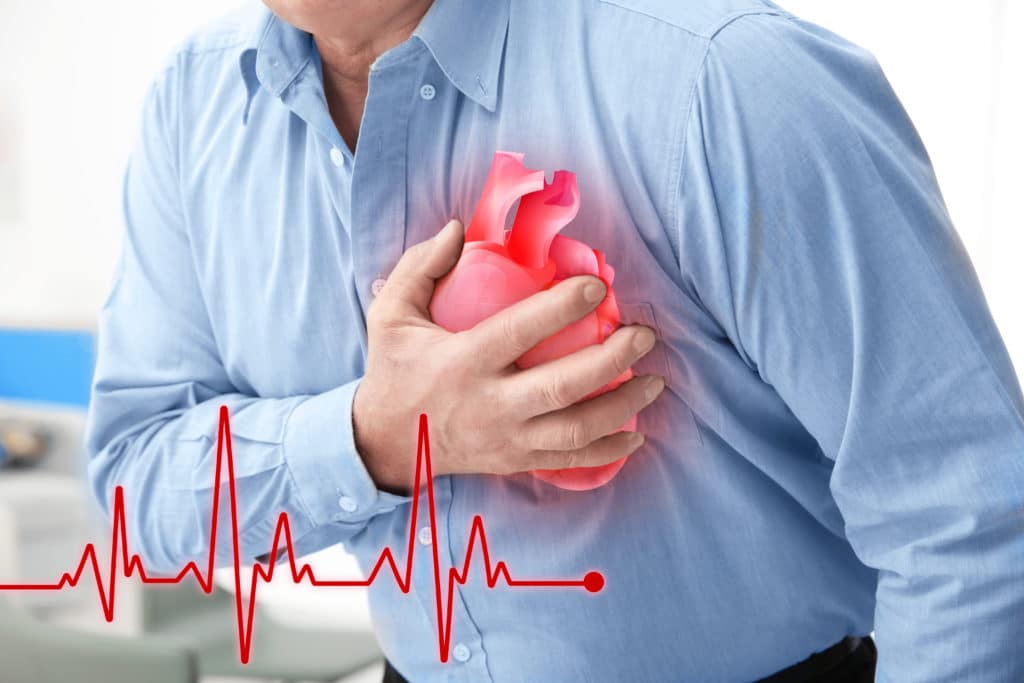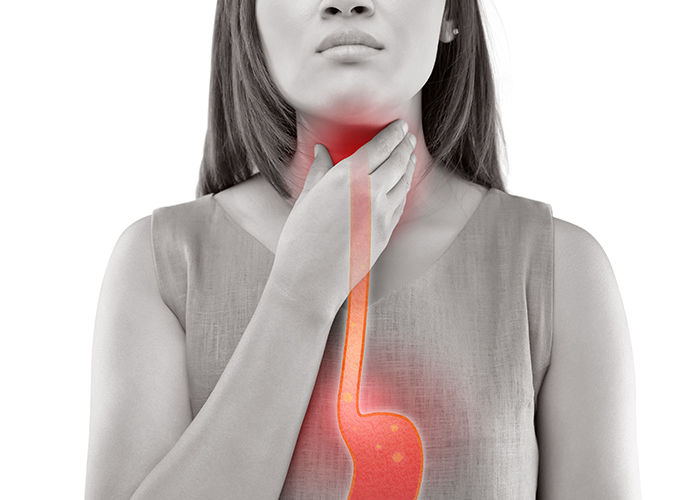There are no products in your cart
Categories
TOP
TOP
- 1. COVID -19 SEJOY rapid antigen test for nasal passages
- 2. Rapid test for COVID-19 antigens
- 3. AteroLip complex N90. Better price!
- 4. 3 PCS of AteroLip complex N90 better price!
- 5. BASICA SPORT, 660 g
- 6. 4 PCS of AteroLip complex N90 better price!
- 7. A+E vitamins Nourishing Ointment 60g BIG PACK
- 8. Sale! 3 PCS of FORCAPIL, effective nutritional supplement for ...
- 9. Orthomol Immun (30 daily doses)
- 10. Orthomol Arthro plus (30 daily doses)
Now Online
Now Online
We have 258 guests online
Health
Tapeworms. How to protect yourself from them and what should be done?

Tapeworms, known in the medical world as Enterobius vermicularis, are nematode (roundworm) parasites and are among the most common human parasites worldwide. Tapeworms belong to the genus Enterobius, which is part of the Oxyuridae family. The female tapeworm is 8-13 mm long, while the male tapeworm is about 2-5 mm. Adult tapeworms usually live at the end of the large intestine.
Ascarids and their impact on our health

Ascarids are parasitic nematodes (worms) belonging to the genus Ascaris. These worms usually cause human ascaridosis, the occurrence of which is usually associated with poor hygiene and contamination of food or water with worm eggs. Depending on the species, roundworms can reach a length of 15 to 35 cm, making them one of the largest nematodes that can live in the human body. Ascariasis is one of the most common parasitic diseases worldwide, especially in developing countries where hygiene conditions are poor.
Is atherosclerosis preventable?

Atherosclerosis is a chronic disease in which deposits called atherosclerotic plaques form on the walls of blood vessels, especially arteries. These plaques are formed due to the accumulation of cholesterol, fat, calcium and other substances. Over time, these plaques can harden and stiffen the walls of blood vessels, thereby reducing the lumen of the arteries and interfering with normal blood flow.
Panic attacks and everything you need to know about them
Panic attacks are intense outbursts of fear or distrust that can occur unexpectedly, often for no apparent reason. These attacks can last anywhere from a few minutes to half an hour, and they usually peak within the first 10 minutes. At this time, the person may experience a variety of symptoms that are often intense and frightening, such as rapid heartbeat (tachycardia), sweating, tremors, shortness of breath, chest pain, and dizziness.
Can reflux be controlled? Causes, symptoms and treatments
Reflux is a digestive disorder in which stomach acid flows back into the esophagus. This process can cause unpleasant symptoms and, if it happens regularly, it can cause serious health problems. The stomach, which is part of the digestive system, produces the acid needed to digest food. The esophageal sphincter, a muscle between the stomach and esophagus, acts as a valve that allows food to pass from the esophagus to the stomach while preventing stomach acid from backing up into the esophagus.
More Articles...
Page 14 of 44








